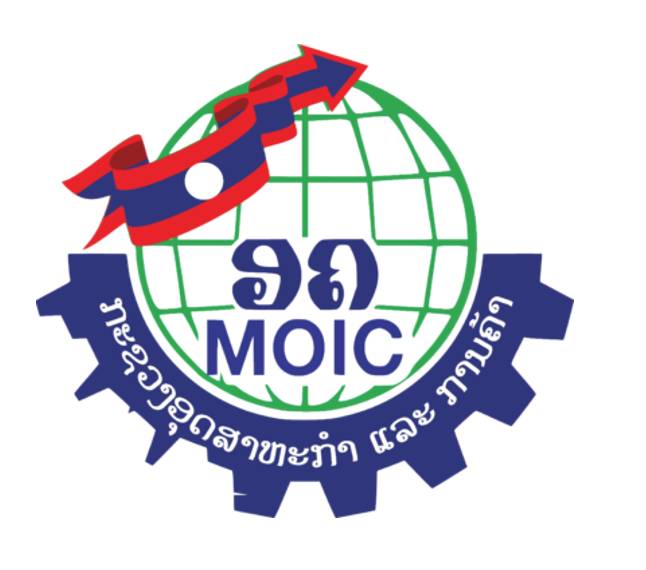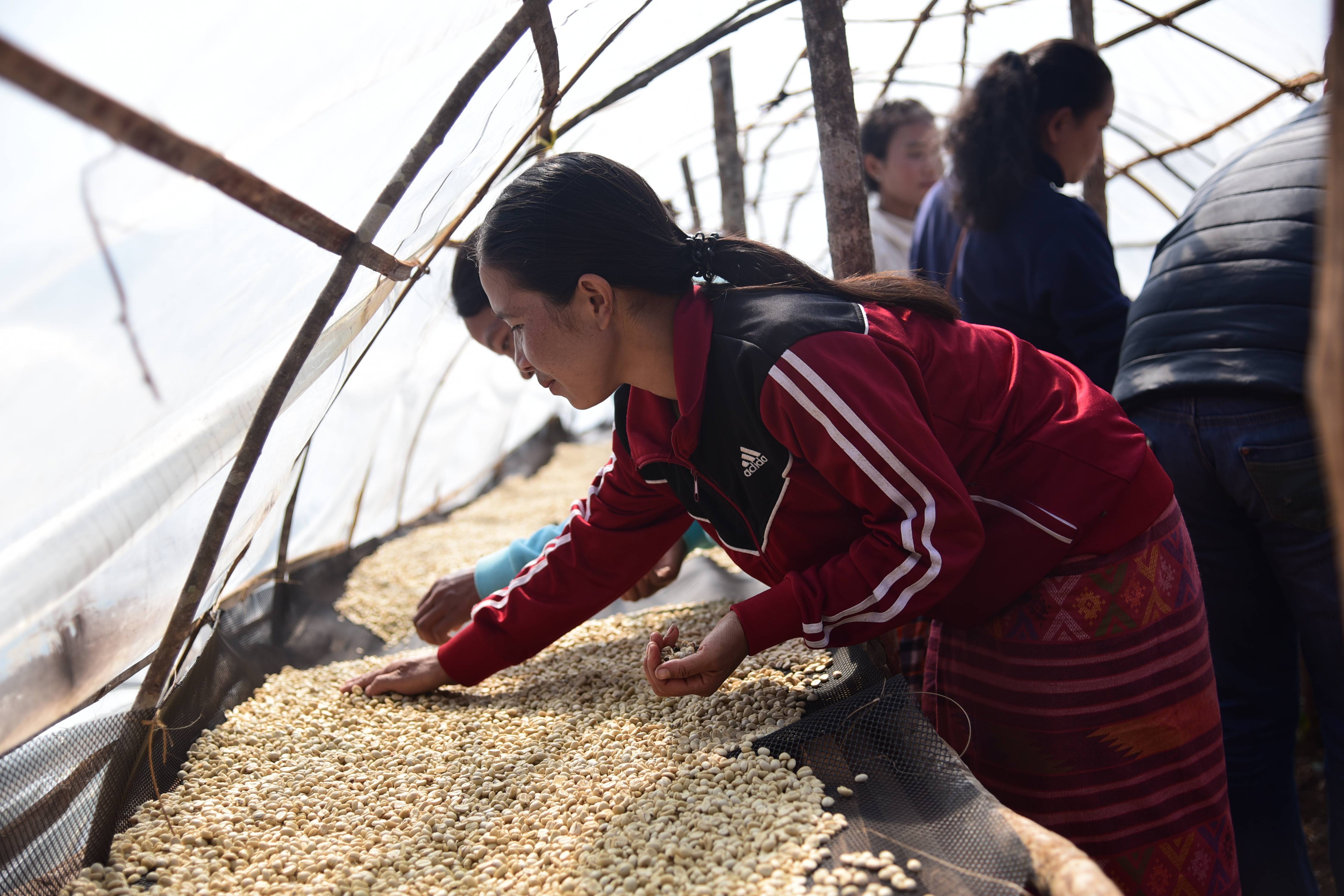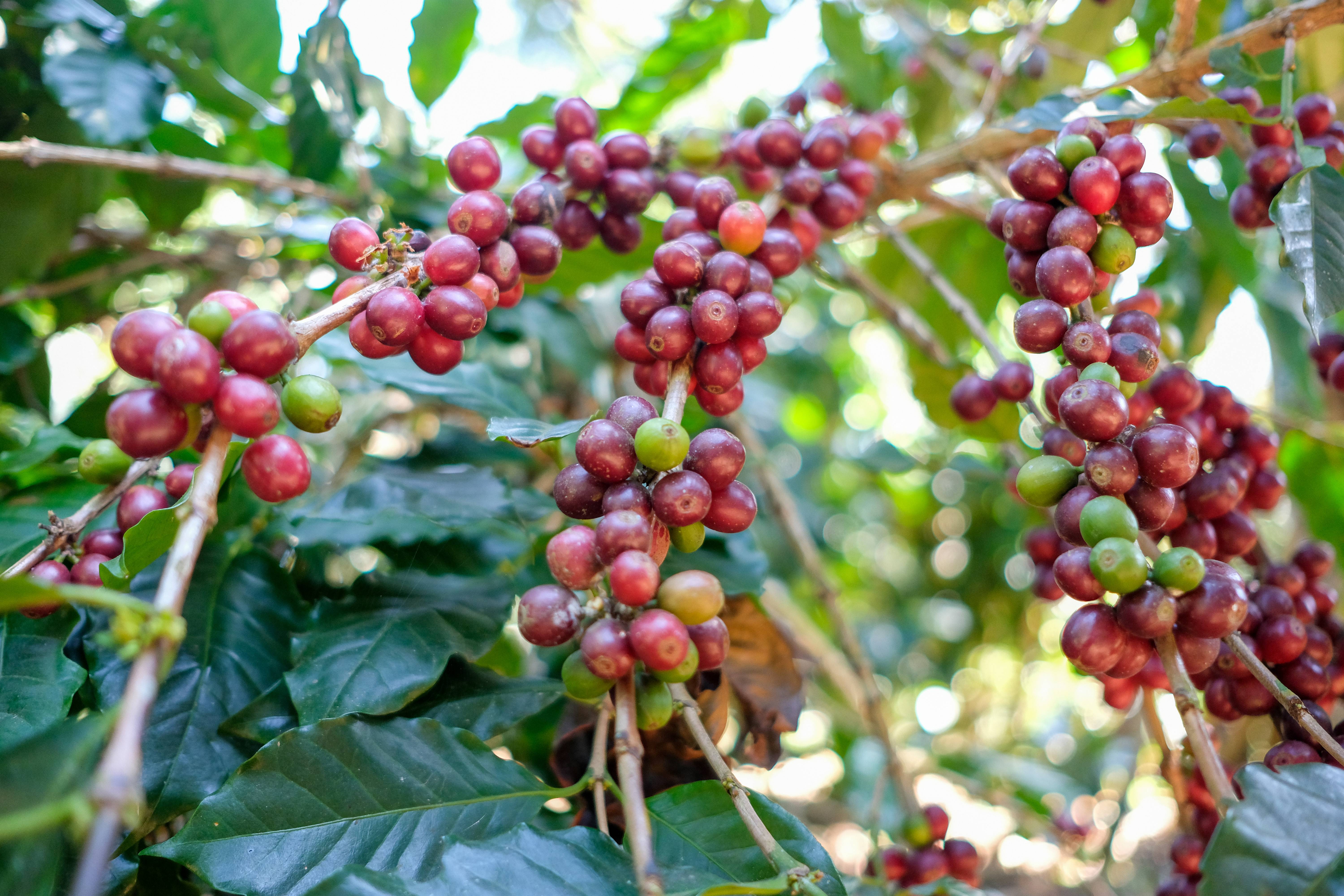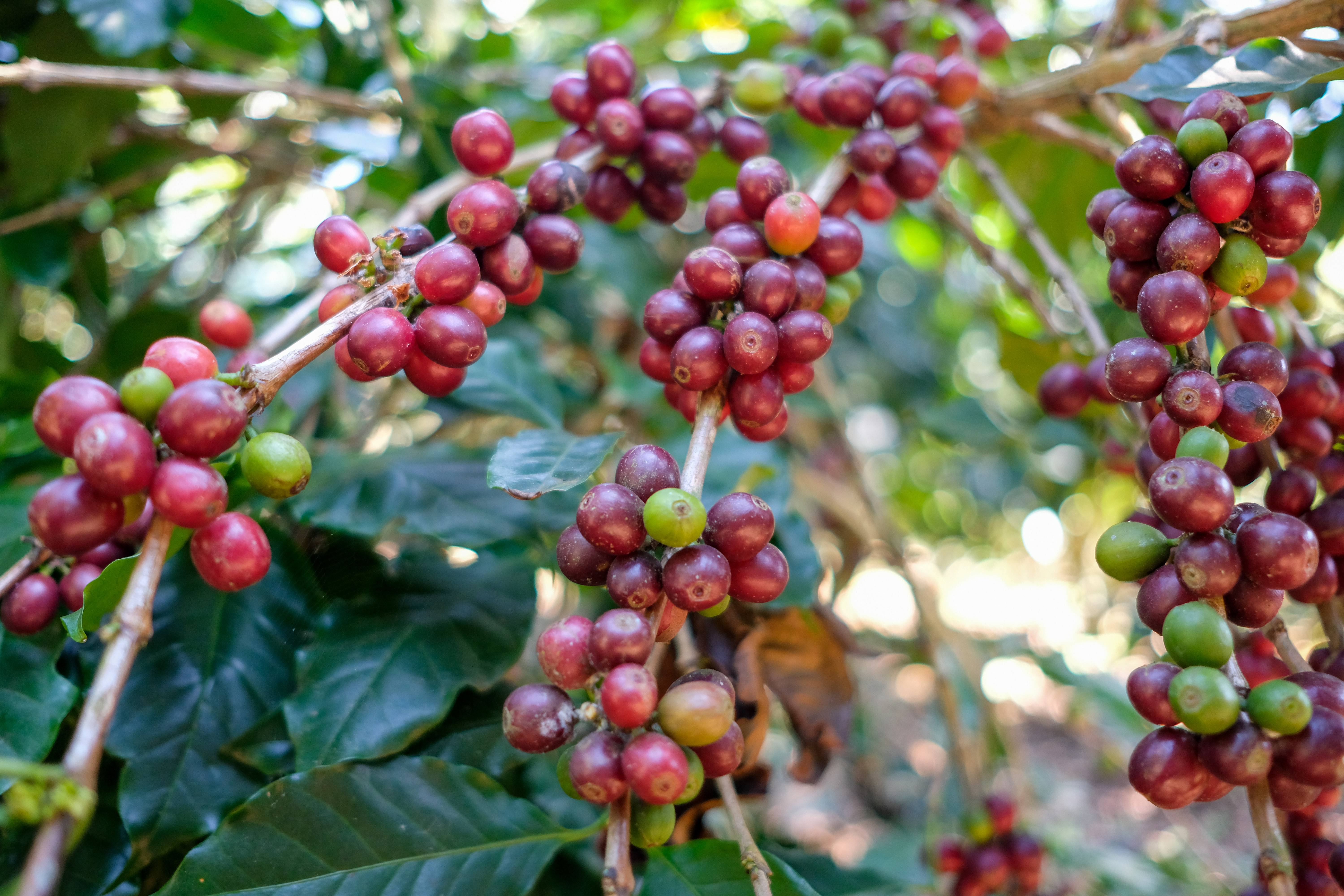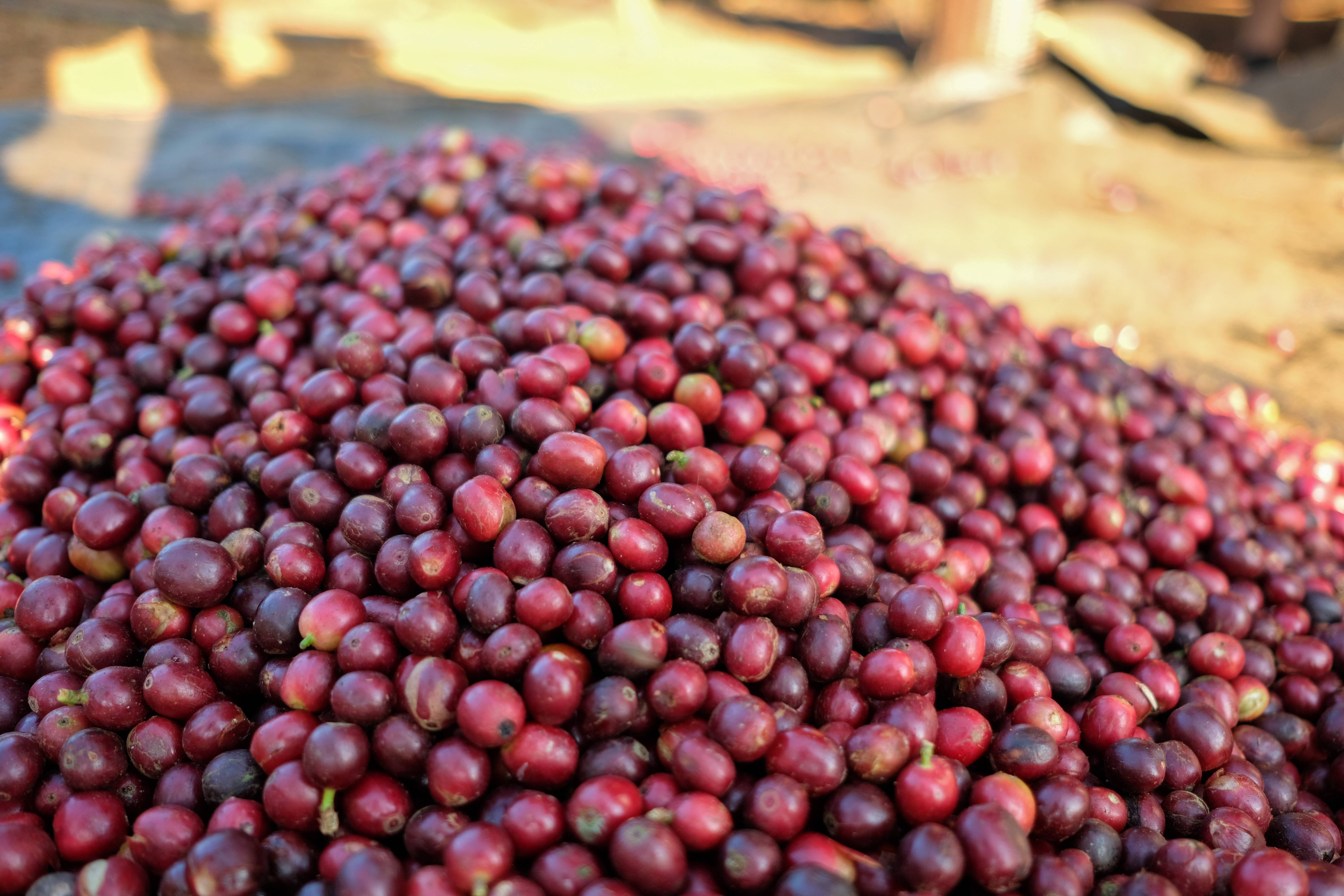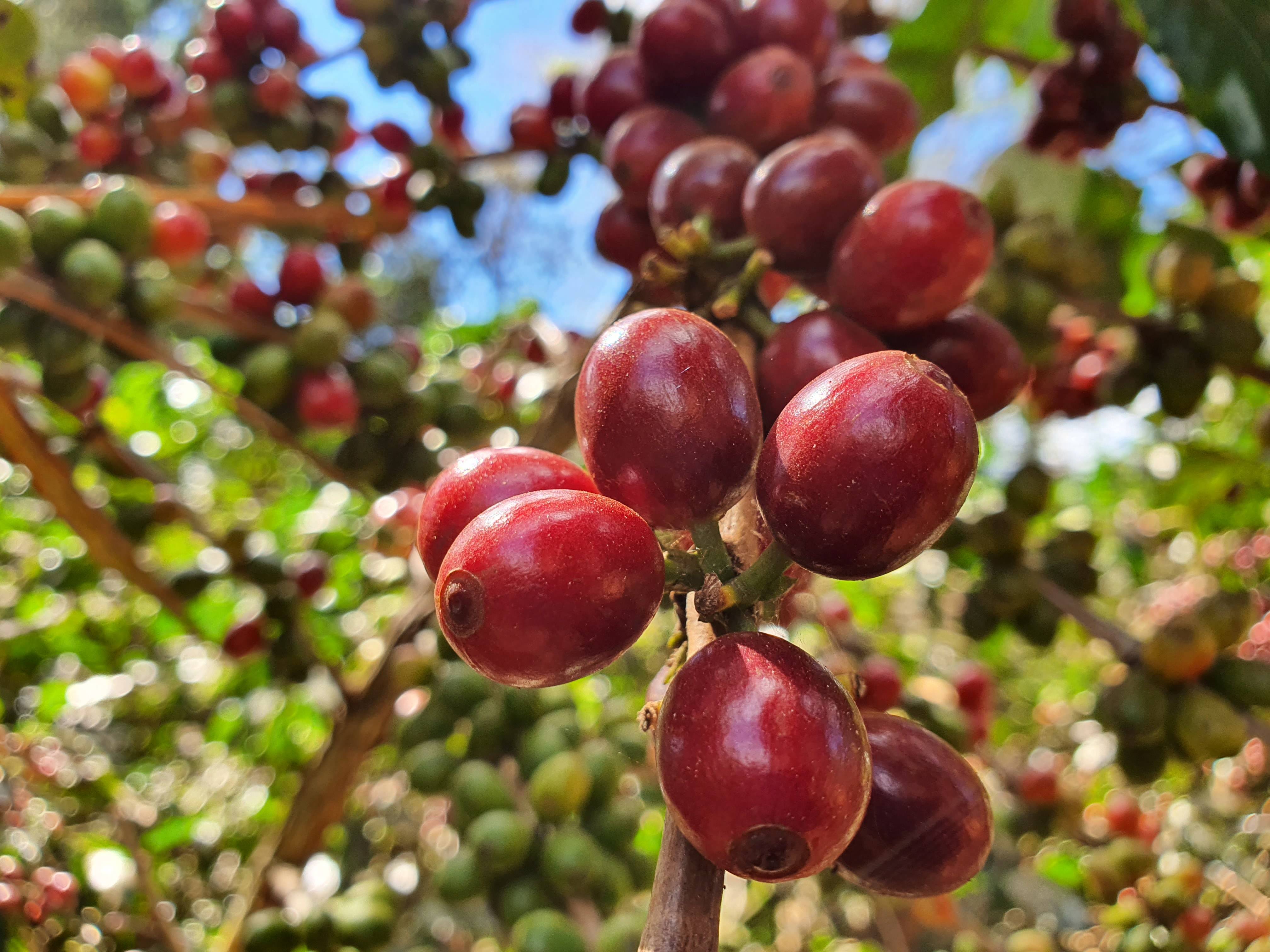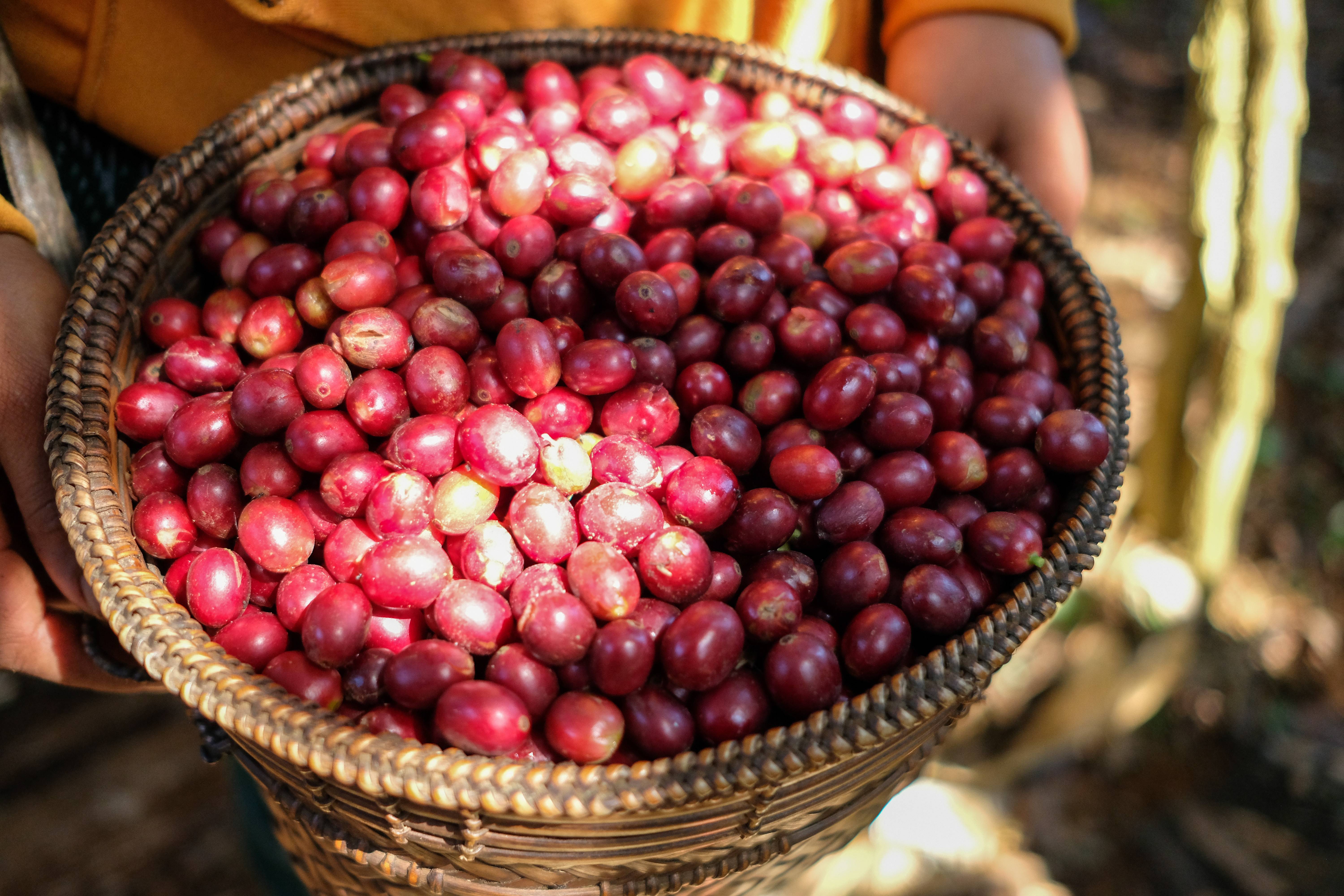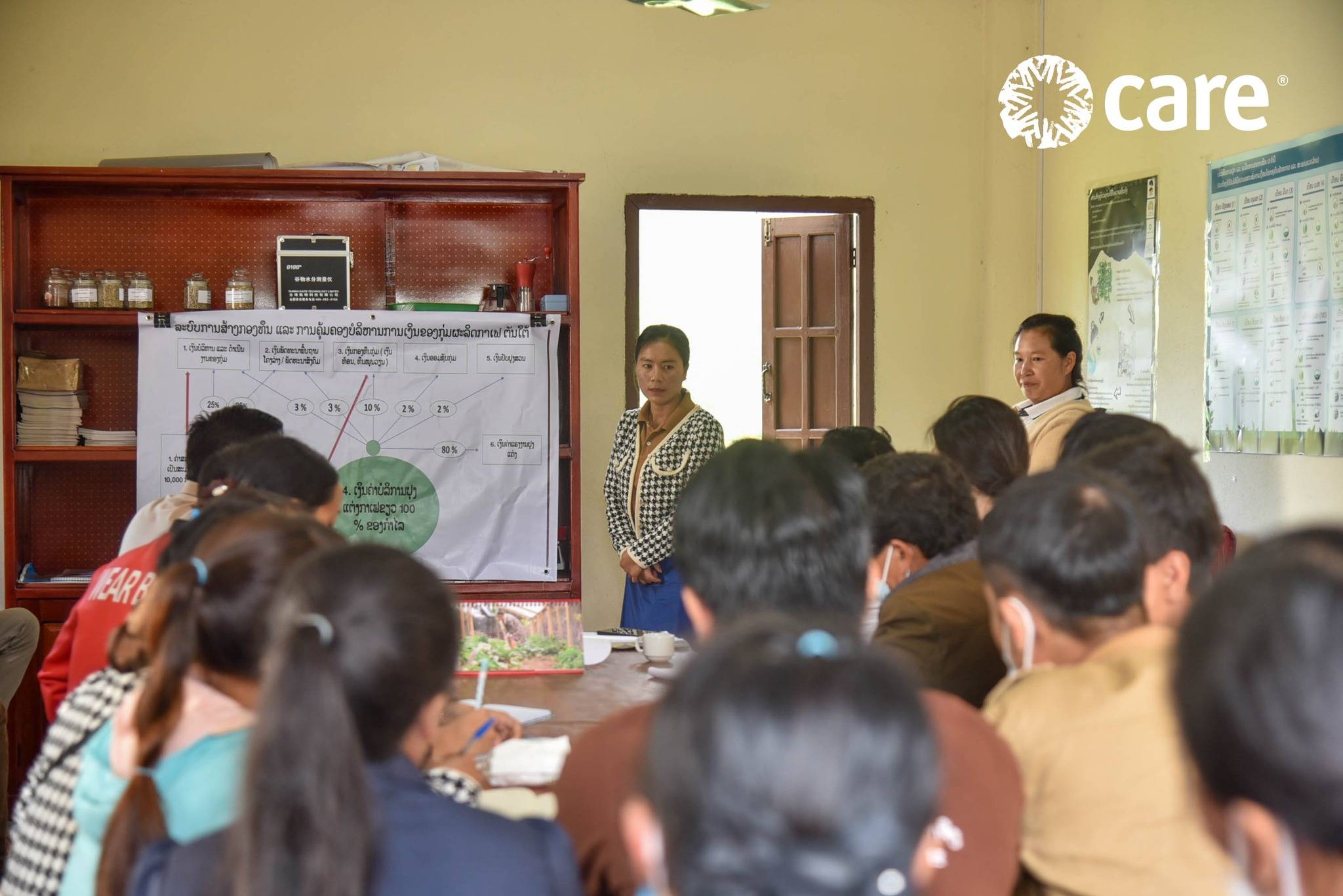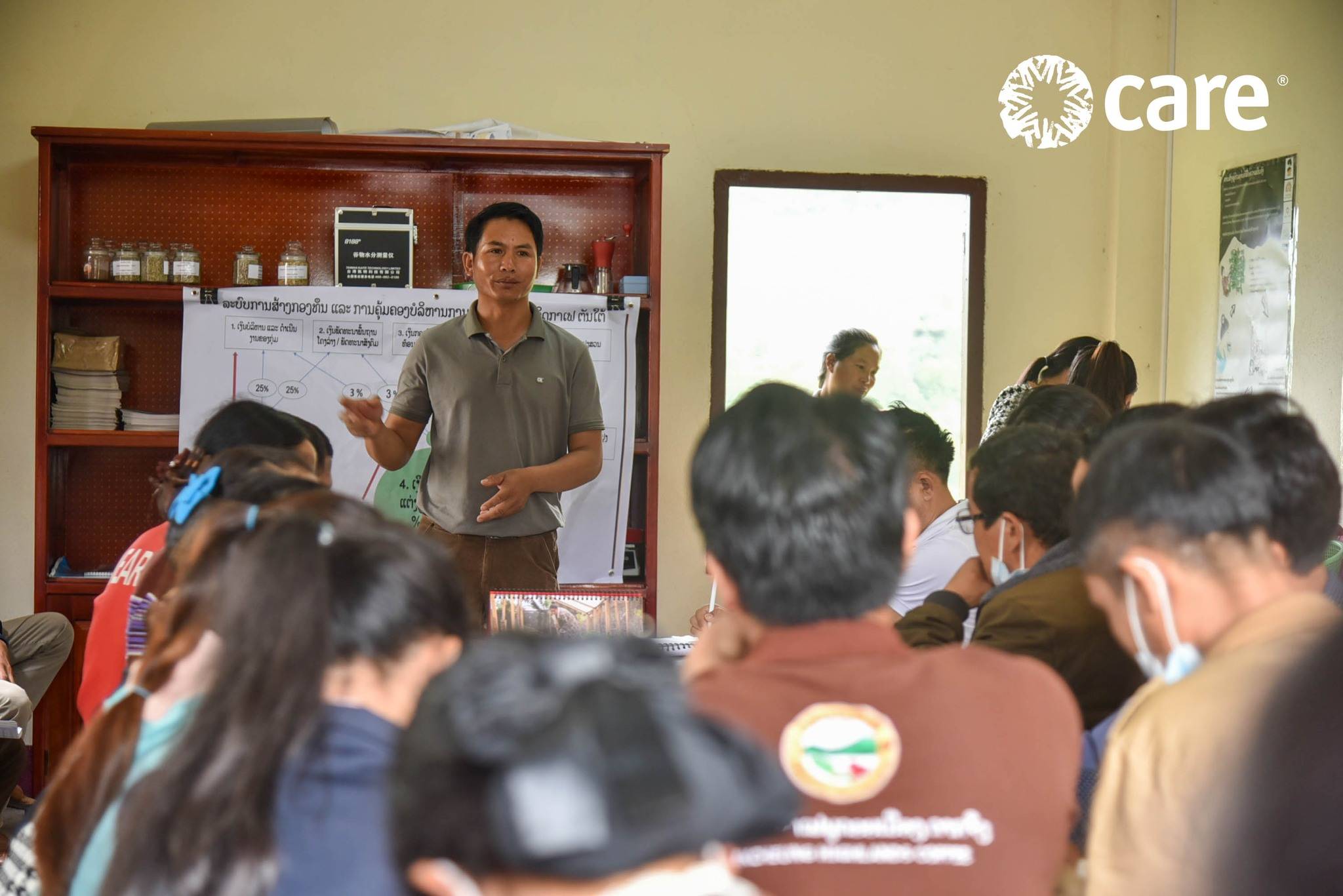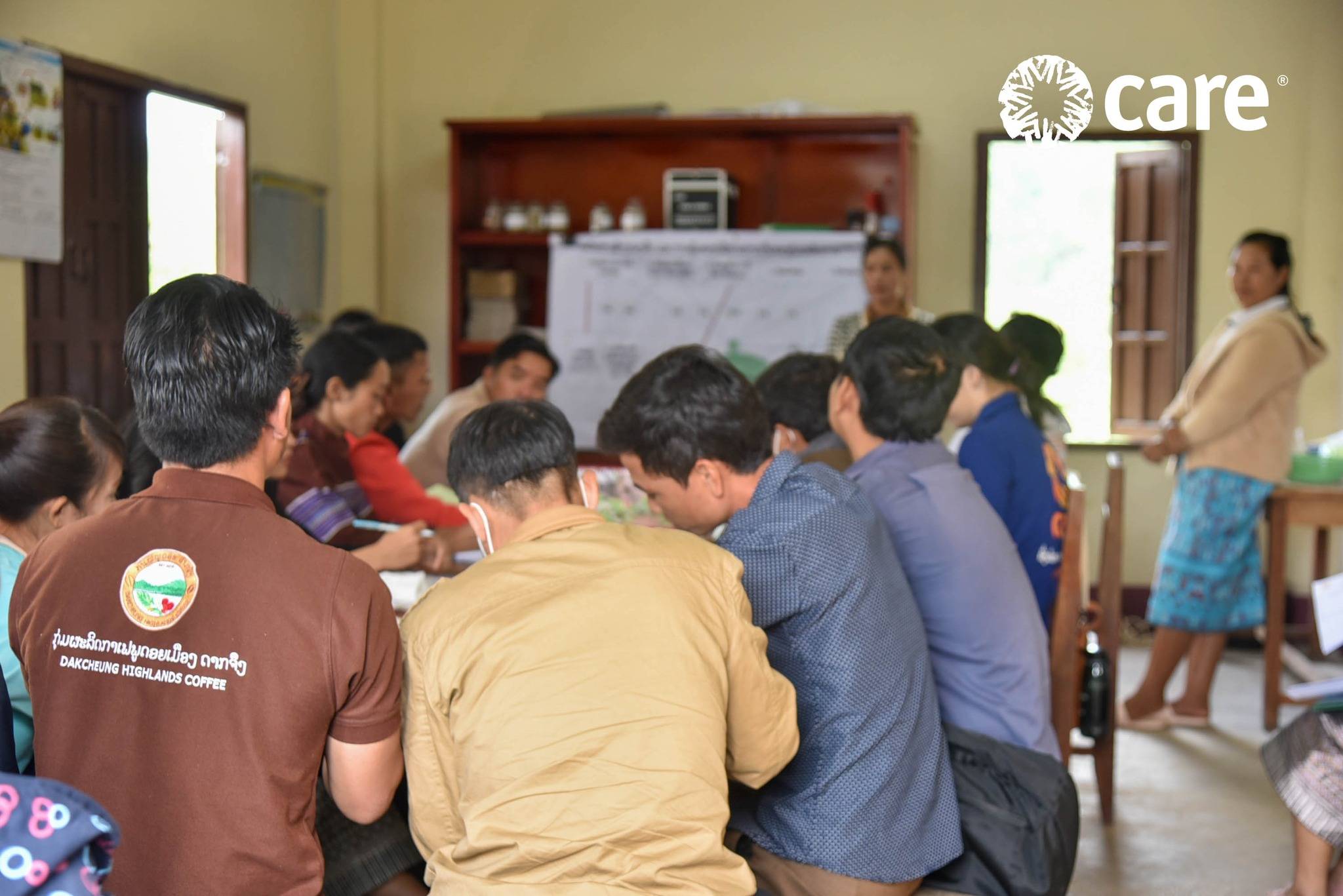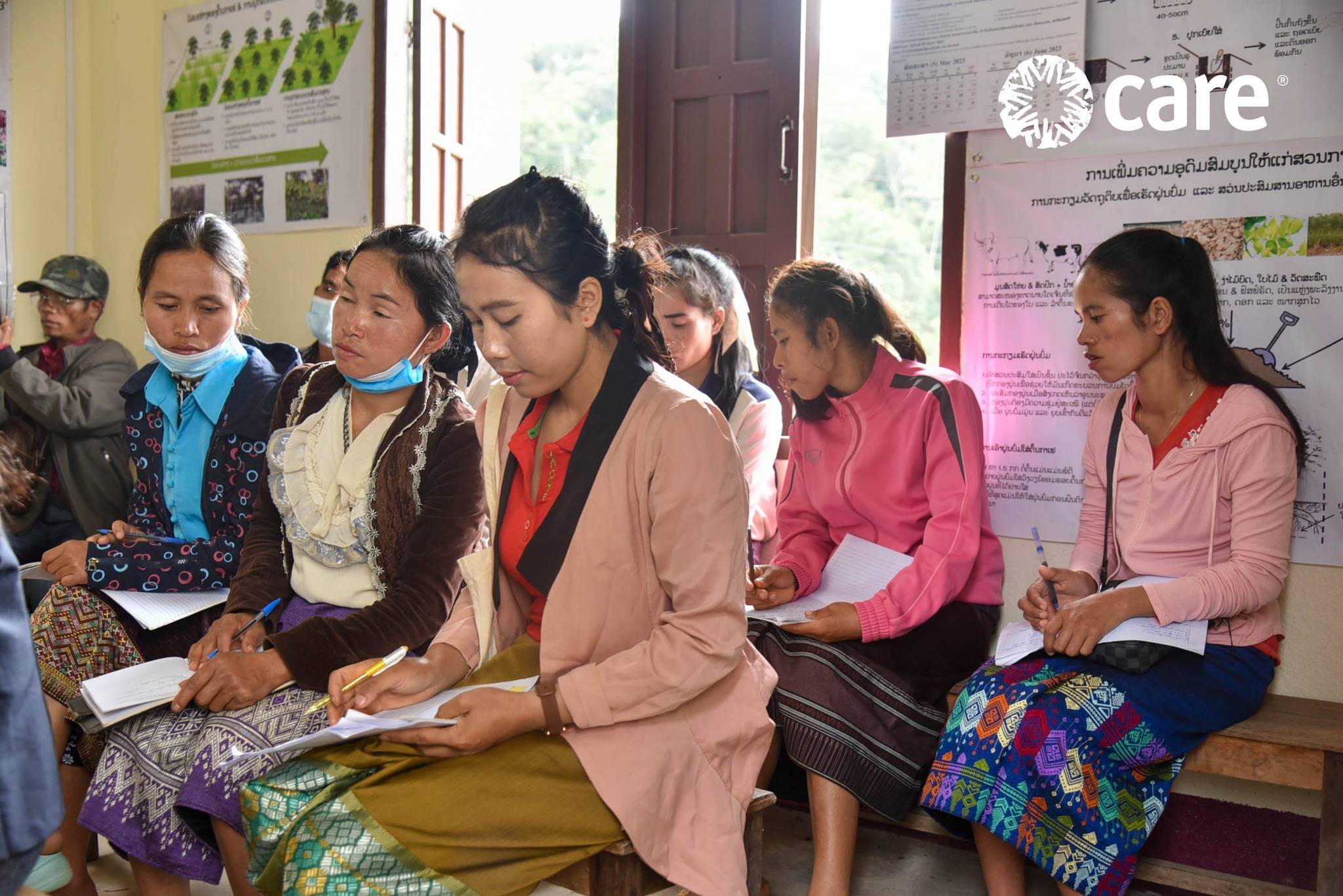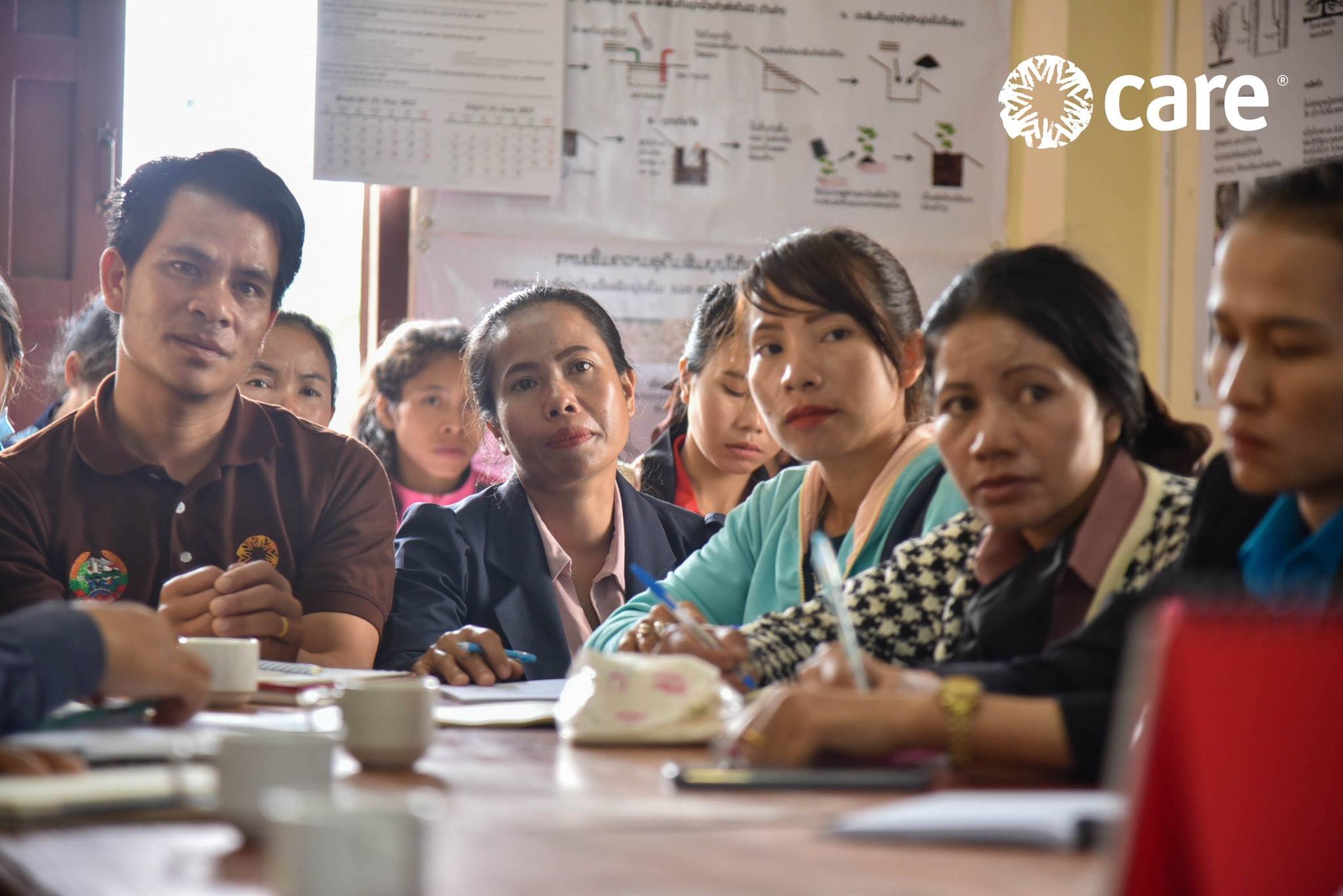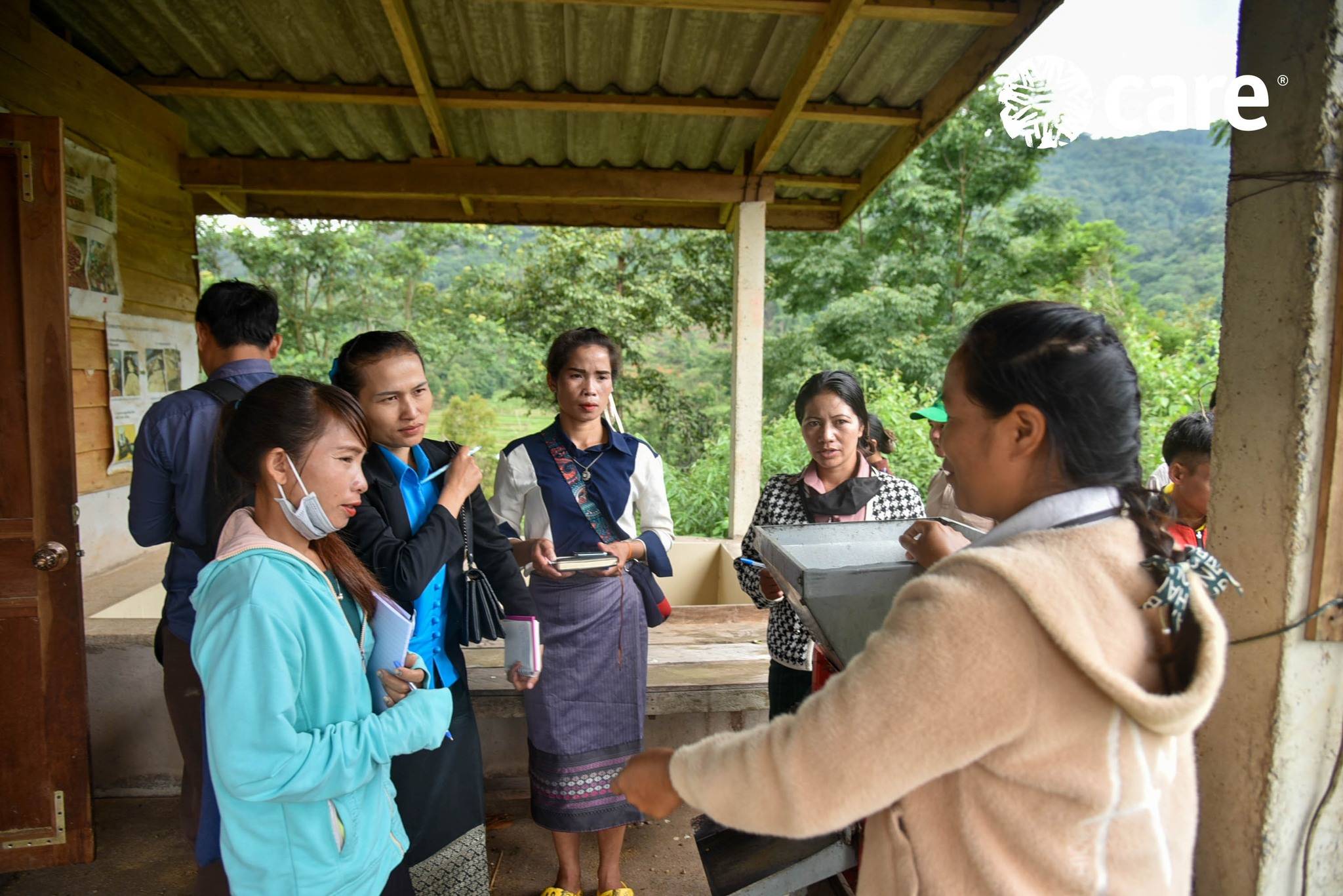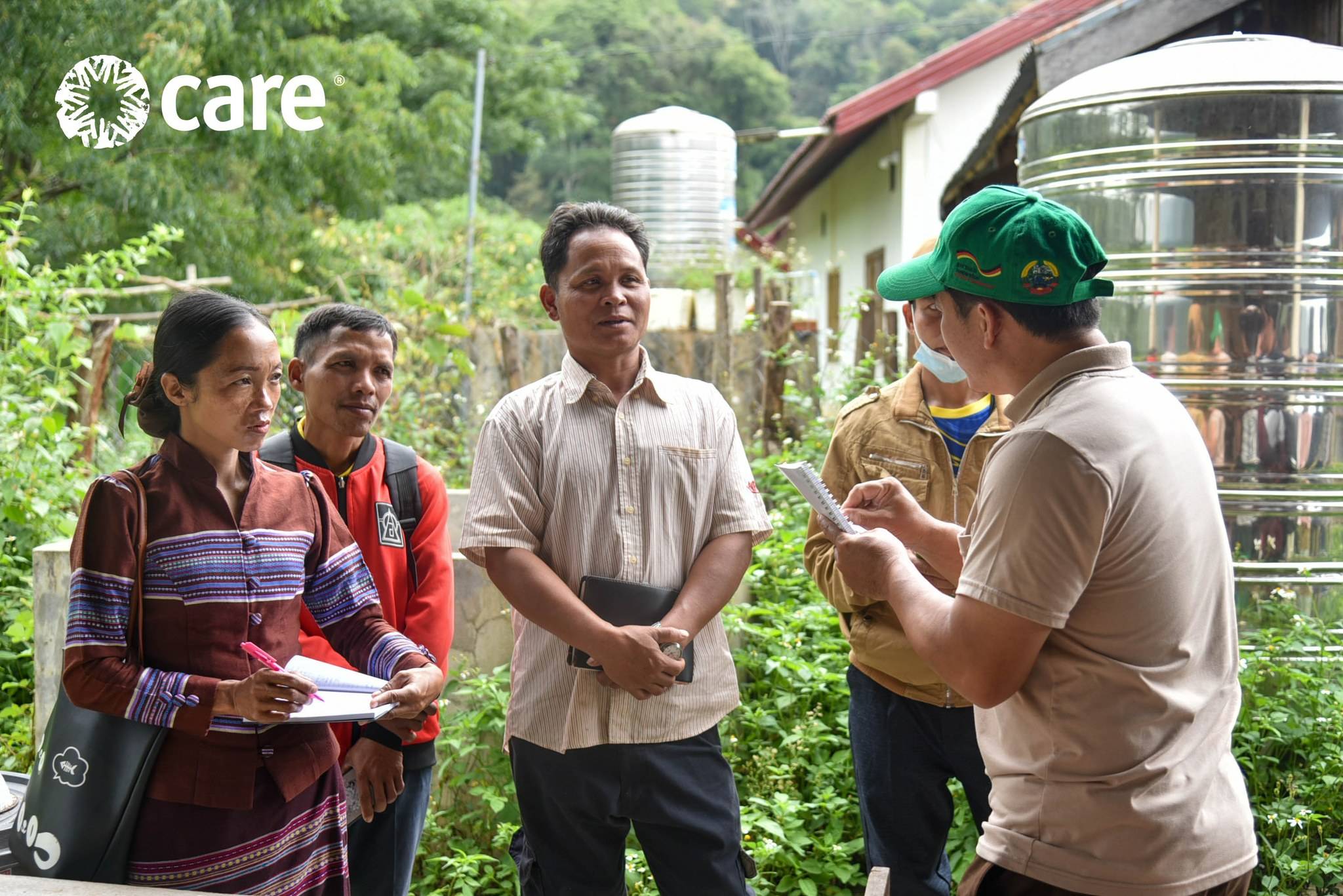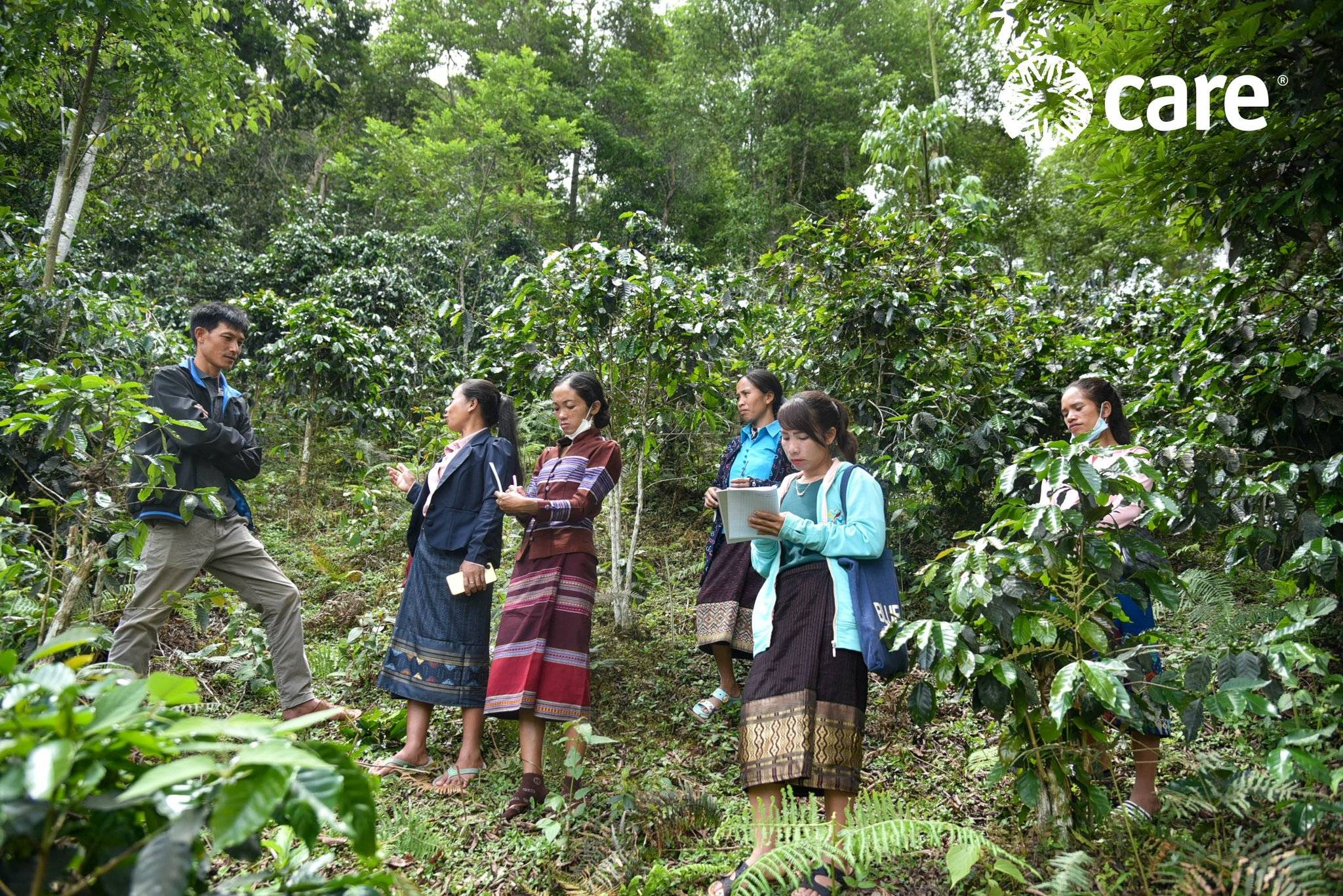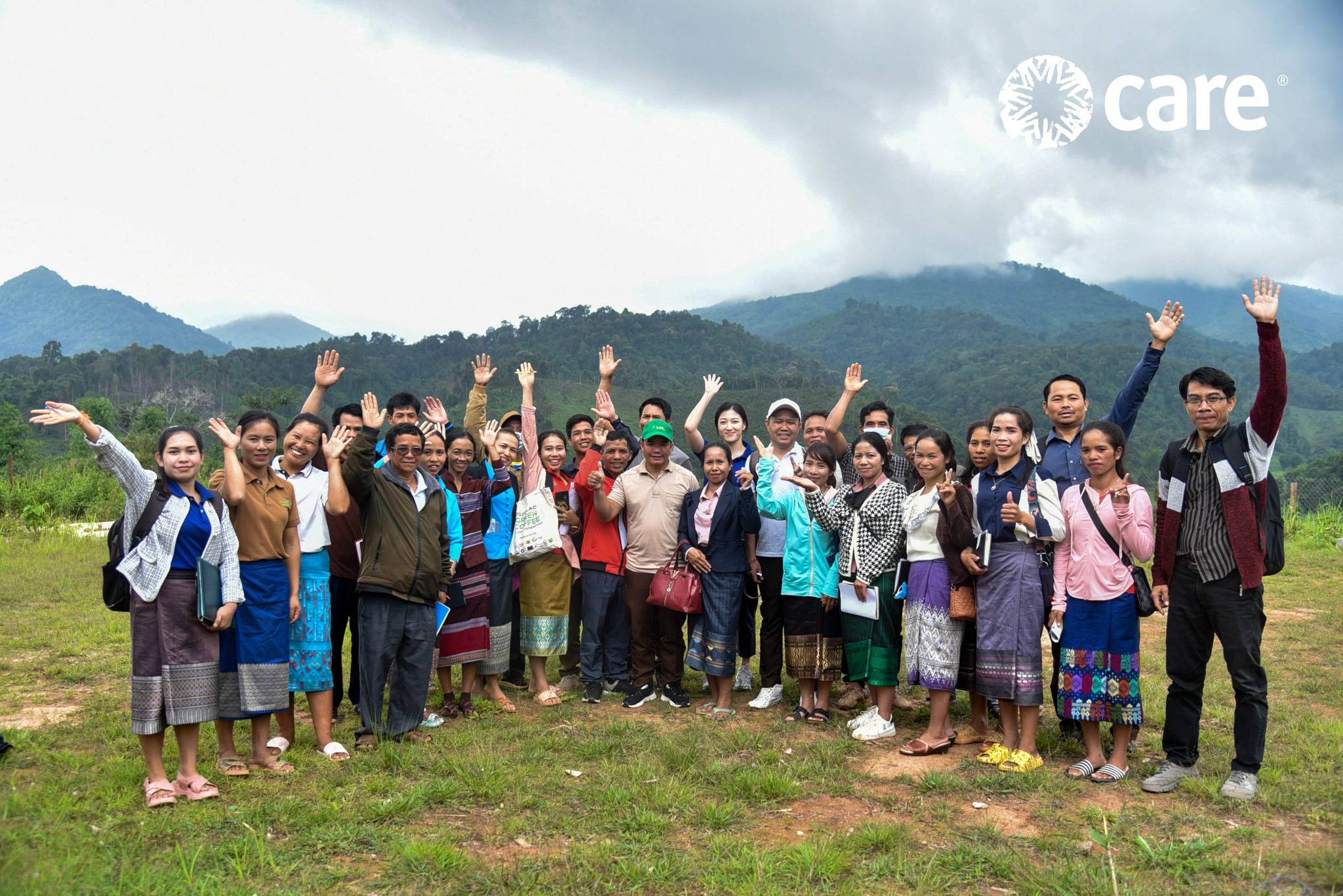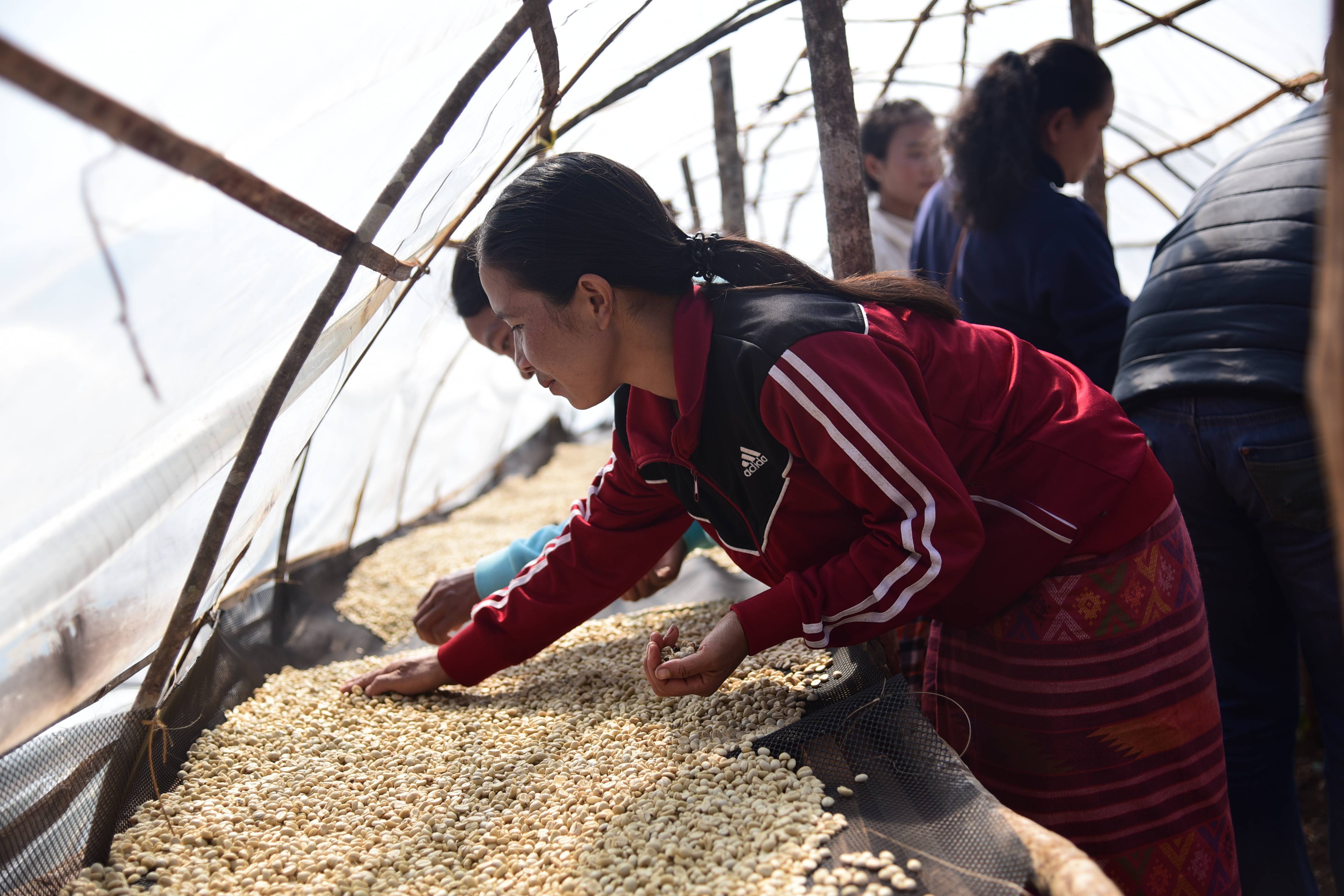
The Challenge
About 70 percent of the Lao PDR’s population are smallholder farmers with ill-defined land ownership that precludes them from access to collateral for investment or transition to other livelihoods. In the uplands, most farmers still practice “slash and burn” as the most convenient way to manage farmland. Unfortunately, this practice entails many negative effects on the environment (carbon emissions, erosion, depletion of soil fertility and biodiversity, among others). Such issue remains a challenge in most countries along the Mekong. In Lao PDR alone, nearly 170,000 ha/year of forestlands are assumed to be affected. In response, the government has banned the slash and burn practice, though enforcing such ban has yet to prove its effectiveness. Coffee is increasing, becoming an important commodity for Lao PDR. After Vietnam and Indonesia, the country has become the third largest coffee producer in Southeast Asia, making coffee the most valuable agricultural export commodity and fifth largest export earner for the country. Coffee provides employment for 40,000 families in seven coffee producing districts of southern Lao PDR, where large traders and coffee growers ranging from smallholders to commercial plantations are located. The Ministry of Agriculture and Forestry aims to increase coffee production to 1 million tons by 2025. There is a promising market opportunity for the Lao coffee sector, as the local and regional demand for coffee are increasing. The coffee sector is considered strategic and was selected to be sustainably commercialised through green or organic production – one of the approaches put forward in the Lao Coffee Sector Development Strategy 2025 to improve marketability through quality improvement. The current growing areas in Dakcheung are growing warmer (which leads to decline in yield and quality) as well as more erratic weather patterns (longer droughts and heavier rainy seasons). This project helps drastically reduce risk to climate change impact related to coffee production.
The Objectives
Improve the economic profitability, efficiency and sustainability of intensified coffee production by smallholder farmers. Coffee in Lao PDR is a commodity with high potential for poverty reduction and climate change resilience of rural groups. The specific objectives include:
- Develop and adopt less polluting and more resource-efficient and circular products;
- Processes and services by Micro, Small and Medium Enterprises (MSMEs) allowing their integration to global greener value and supply chains;
- Support MSMEs in reducing the environmental impact of their industrial production;
- Improve resource efficiency and adopting circular economy practices.
The Way Forward
- A growing coffee sector, oriented toward quality and respect for the environment;
- Sustainable and decent incomes for smallholder producers;
- Viable business conditions for private sector.
Relation to European Green Deal, Circular Economy and Climate Change
The project contributes to providing future-proof jobs and skills training for the transition towards a low-carbon and resource efficient circular economy, strengthening globally competitive and resilient industries and ensuring fresh air, clean water, healthy soil and biodiversity.
Duration:
2022-2025Total Budget:
EUR 2 million (EU contribution 90%)Contact Detail:
Keoamphone Souvannaphoum
Country Director, CARE International in Lao PDR
Email: [email protected]
Lead Partners

CARE France
Partners

4Form
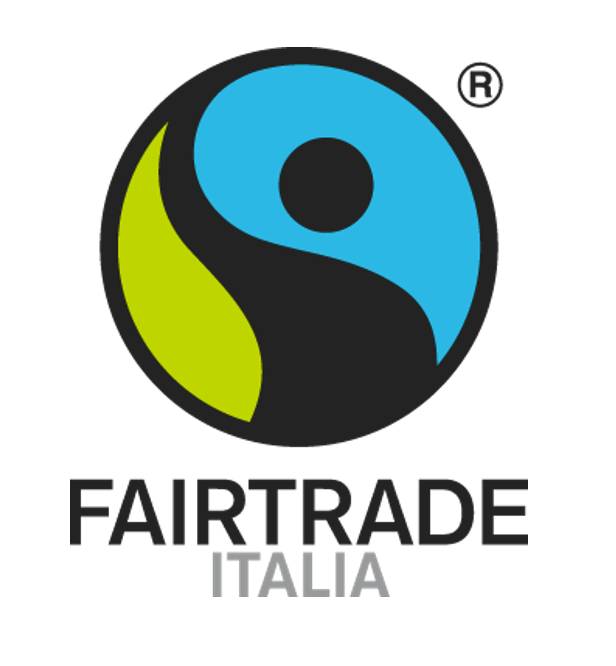
Fair Trade Italia
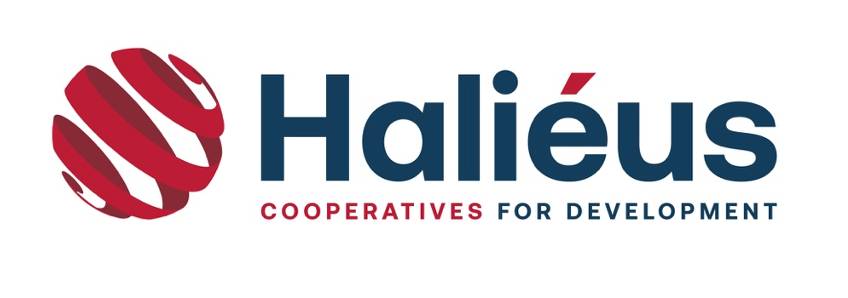
Haliéus
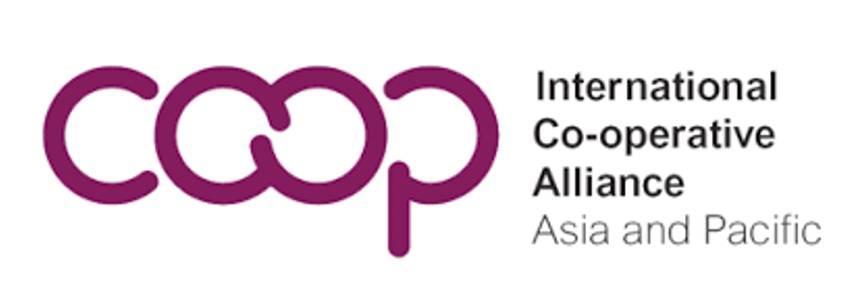
International Cooperative Alliance – Asia-Pacific
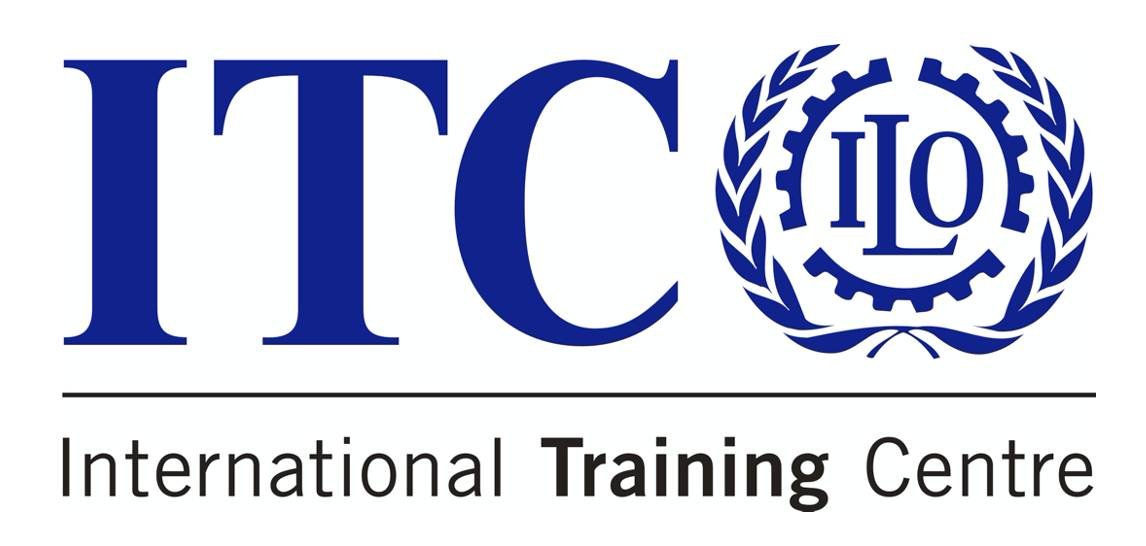
International Training Centre ILO
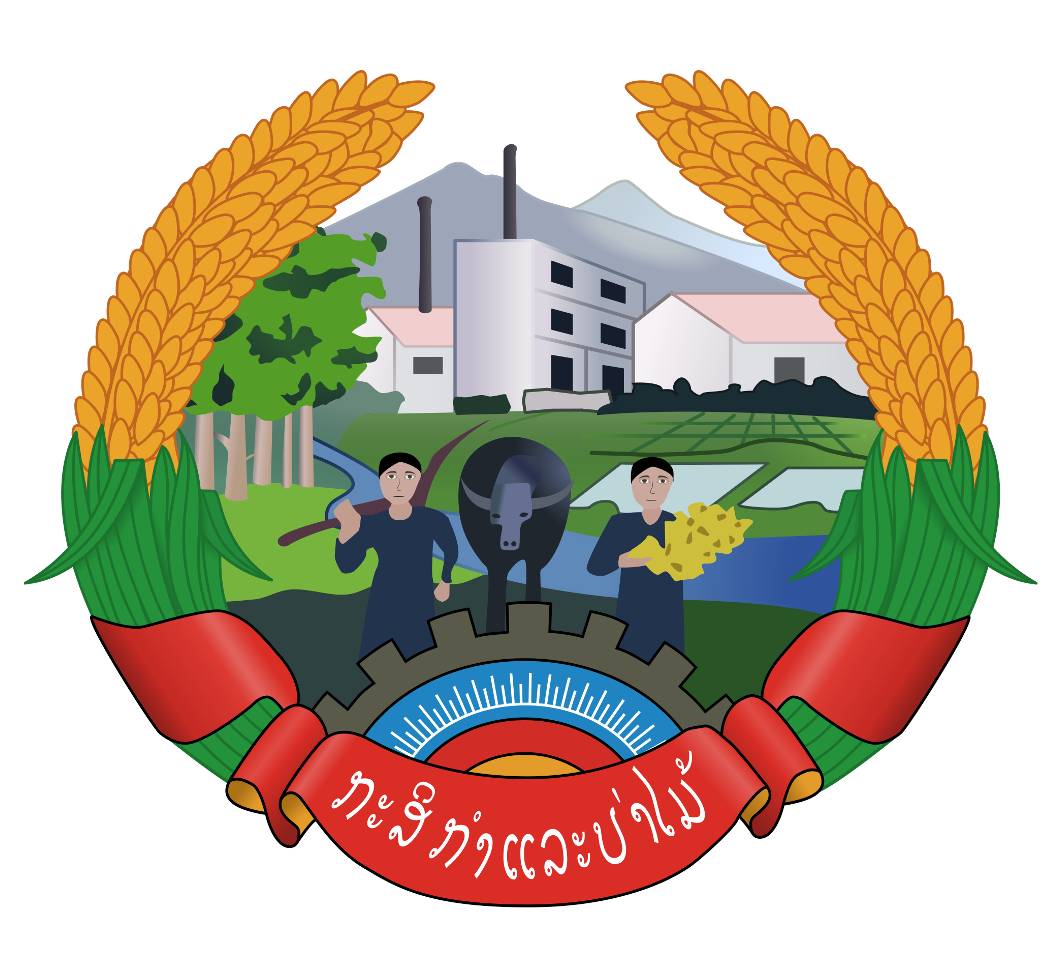
Sekong Provincial and Forestry Office
